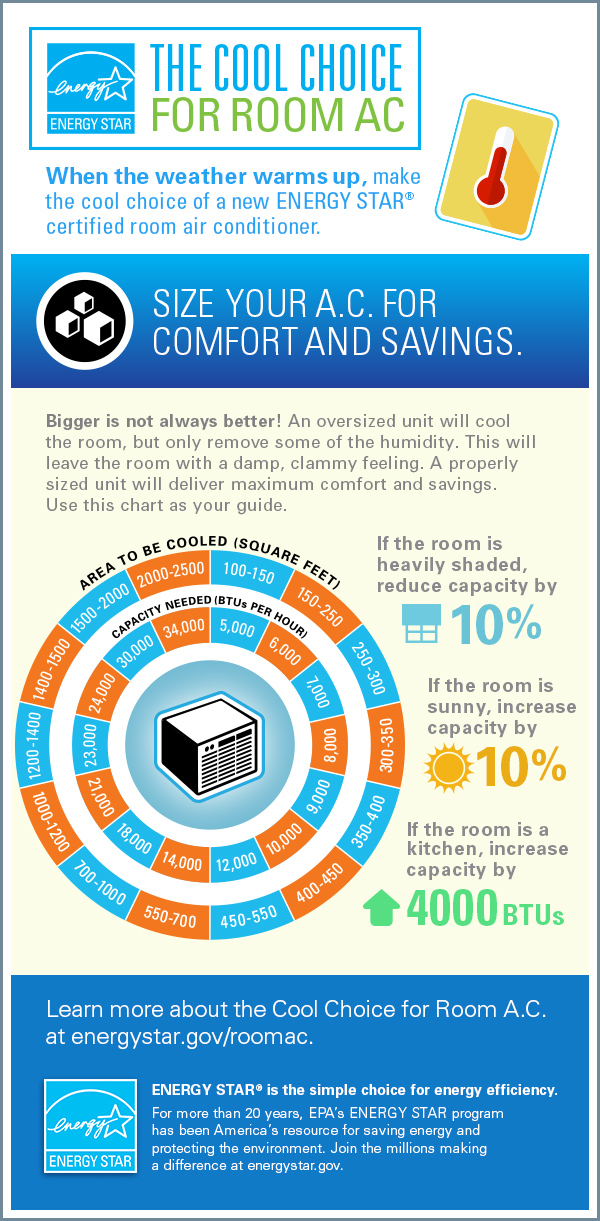The Future Of Home Home Heating - Exactly How Heatpump Technology Is Advancing
The Future Of Home Home Heating - Exactly How Heatpump Technology Is Advancing
Blog Article
Material Writer-Baker Byrne
Heatpump will be a crucial modern technology for decarbonising heating. In a scenario regular with federal governments' introduced power and climate commitments, their international ability doubles by 2030, while their share in heating rises to one-quarter.
They function best in well-insulated homes and rely upon electricity, which can be supplied from an eco-friendly power grid. Technical advancements are making them much more reliable, smarter and less costly.
Fuel Cells
Heatpump use a compressor, cooling agent, coils and followers to relocate the air and heat in homes and appliances. They can be powered by solar energy or power from the grid. https://ktar.com/story/4364675/blowing-off-your-acs-compressor-maintenance-now-will-cost-more-later/ have been getting popularity due to their inexpensive, peaceful operation and the ability to create power throughout peak power need.
Some firms, like IdaTech and BG MicroGen, are working with gas cells for home heating. These microgenerators can change a gas boiler and produce a few of a home's electrical demands with a connection to the electrical power grid for the rest.
Yet there are factors to be doubtful of using hydrogen for home heating, Rosenow states. It would be expensive and ineffective contrasted to other technologies, and it would contribute to carbon exhausts.
Smart and Connected Technologies
Smart home technology allows property owners to link and regulate their gadgets from another location with using mobile phone apps. For example, smart thermostats can learn your heating choices and immediately adjust to optimize power intake. Smart lighting systems can be controlled with voice commands and automatically shut off lights when you leave the room, reducing power waste. And clever plugs can keep track of and handle your electrical usage, allowing you to determine and limit energy-hungry appliances.
The tech-savvy home portrayed in Carina's meeting is a good image of how owners reconfigure room home heating techniques in the light of new clever home technologies. They depend on the tools' automated features to accomplish daily changes and regard them as a practical means of conducting their home heating practices. As heating and air conditioning units , they see no reason to adapt their techniques even more in order to enable adaptability in their home energy demand, and treatments aiming at doing so may encounter resistance from these families.
Electrical power
Since heating up homes make up 13% of US emissions, a switch to cleaner options can make a large distinction. But the modern technology faces difficulties: It's pricey and requires extensive home remodellings. And it's not always compatible with renewable energy resources, such as solar and wind.
Until just recently, electric heatpump were too expensive to compete with gas versions in many markets. However new advancements in layout and materials are making them more cost effective. And far better chilly climate efficiency is allowing them to work well also in subzero temperature levels.
The next action in decarbonising heating might be the use of warm networks, which attract warmth from a central source, such as a nearby river or sea inlet, and disperse it to a network of homes or buildings. That would minimize carbon discharges and enable homes to take advantage of renewable energy, such as green electrical power from a grid provided by renewables. This option would be much less costly than switching over to hydrogen, a nonrenewable fuel source that requires new framework and would just lower carbon dioxide exhausts by 5 percent if paired with improved home insulation.
Renewable Energy
As electrical energy prices drop, we're beginning to see the same trend in home heating that has actually driven electrical automobiles right into the mainstream-- yet at an also faster rate. The solid climate instance for impressive homes has actually been pressed better by new research study.
Renewables make up a considerable share of modern heat intake, however have actually been given minimal plan attention globally compared to various other end-use fields-- and also much less attention than electrical power has. Partially, this shows a mix of consumer inertia, divided motivations and, in numerous countries, subsidies for fossil fuels.
New technologies could make the shift less complicated. For instance, heat pumps can be made much more energy effective by changing old R-22 refrigerants with new ones that don't have the high GWPs of their precursors. Some specialists additionally envision area systems that draw heat from a nearby river or sea inlet, like a Norwegian fjord. The warm water can after that be utilized for heating & cooling in a neighborhood.